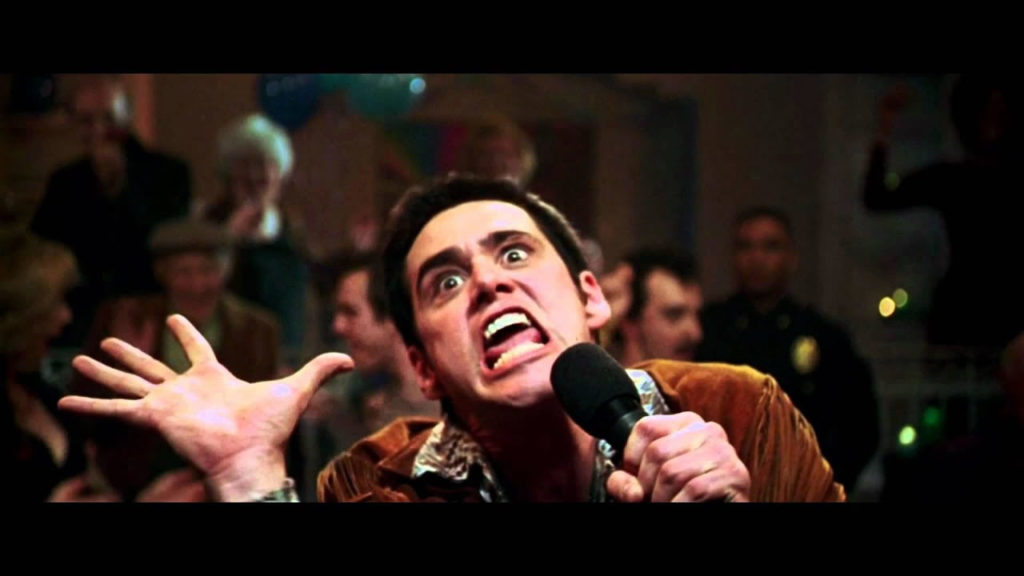Puerh Fakes: The Karaoke of Tea

Sitting in traffic and listening to the local mandarin station, I happened upon a music program that made me draw a link between karaoke and puerh fakes. Karaoke isn’t so appealing to Americans. Sure there are exceptions, but it’s not like you’re going to find karaoke bars flourishing in every town and hamlet in the States as they do in China and Korea. When Chinese associates asked me why karaoke was not popular here, I replied that we prefer original performances over mimicking the work of others.
The radio host introduced a song that hit big on the charts and in karaoke bars of China: Miss Dong. The song was so popular that the host noted how sick he was of hearing it stream from every karaoke bar, especially given what he called the schmaltziest (油腻) of delivery.
How does karaoke relate to puerh “fakes”? The answer lies in a belief that when something is really good it establishes a standard. The standard cannot be perfected but should be emulated. This viewpoint goes back at least as far as the national examination system established in the Han Dynasty (220 bce- 220 ce). The centerpiece of those exams was emulation of strict poetic forms themselves thought to embody a certain perfection between heaven and earth. How do you perfect the synchrony between heaven and earth?
Karaoke is an entertainment form of state exam mentality, so to speak. Songs that hit big in the karaoke scene reflect a certain perfection. Improvising is totally unheard of in karaoke, because the song itself is already perfect. There’s no such thing as putting your personal mark on perfection. That which is perfect can only be emulated.
Which brings us to puerh “fakes.” Now, I’m sure you’ve been to karaoke and been amazed by some performances. You didn’t watch the performer wondering so much whether they were the recording star. Still, it didn’t mean that the performance wasn’t stellar. Maybe you hadn’t even heard the original recording, but it didn’t stop you from enjoying the performance. The same applies to puerh. There is a “hit” from ’75 that I’ll use to illustrate this point, the 7542. What will be briefly highlighted are the nuances that have gone into the “karaoking” the 7542.
Nuance #1 is even though the 7542 originates from the Menghai TF during the monopoly era, other major factories were making it too. First, once the branding of individual factories became more important different names emerged for the same recipe. Thus, Kunming TF’s Green Mark is the 7542. The recipe number doesn’t tell you whence the production came; it tells you when and where the recipe was originally crafted. Is this karaoke or more like recordings of the same song at a different studio? You decide.
Nuance #2 is that numerous individuals at the vaunted Factory #2 were forced to strike out on their own in the 90s as the monopoly transitioned from cooperatives to market-based operations. Band members like Boyou, Du Qiong-zhi, and Zou Bing-liang have all gone on to have remarkable careers of their own. Mme. Du in particular has performed the classic 7542 in at least one different recording studio, Pengcheng, and has been involved extensively with collaborations with Xinghai TF (also female owned) among others. I haven’t pursued this line of inquiry extensively in terms of other mix masters sharing these recipes with other factories or their own productions, but it doubtless a common phenomenon regardless of whether stated or not. Producers are mum about the makeup of particular recipes, so one is left to conjecture and lots of comparing.
Nuance #3 is productions without name. These are the closest to what could be considered a genuine fake. Still, namelessness has no bearing on the quality of performance. These no names are just puerh creations that haven’t the studio or engineer name on which to hang their hat, so they often randomly pull a classic recipe name from their hats with no idea about what they’re referencing. This might be analogous to a song’s title being “You Light Up My Life” and then hearing a performance of “Hotel California.” If you’re not bent on hearing the former, then the quality of the latter’s performance may carry the day.
Puerh Fakes: Closing Thoughts
To this humble Puerh Junky’s mind, the use of the term “fake” is far too indiscriminate. Karaoke offers a vantage point where an analogy can be drawn regarding puerh productions in this regard, both culturally and in terms of the evolving puerh market. The next time you see the term bandied about, see if you can tell if the user demonstrates any awareness of the nuance in the karaoke of tea. These nuances boil down to name of factory, mix master, or no name at all.
